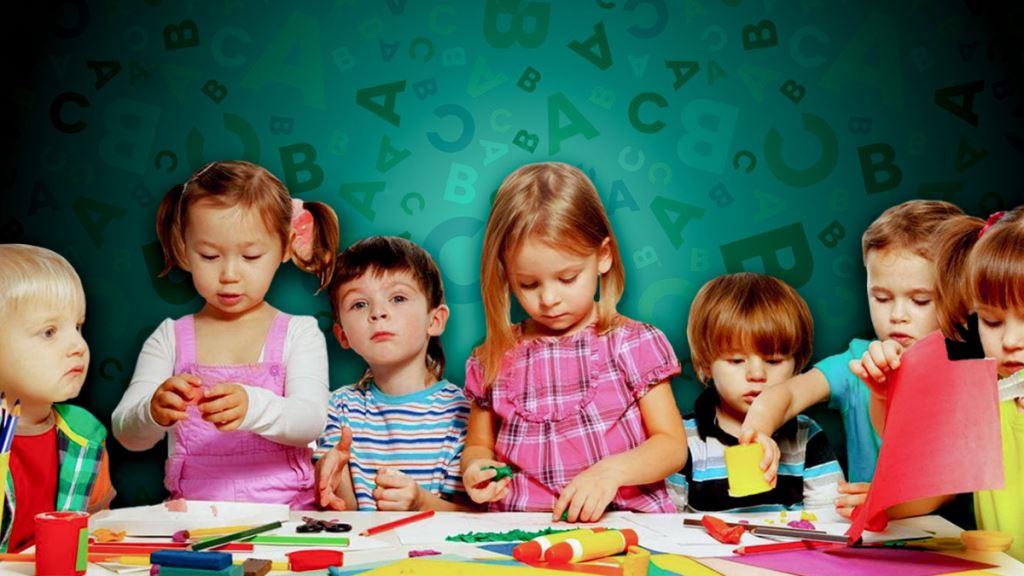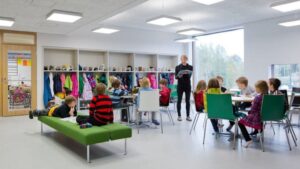Childhood care and early education, also referred to as nursery education, may be a branch of education theory that relates to the teaching of children from birth up to the age of eight
Early nonage is that the time of a child’s brain development. At this point parents have to give focus on child care and early education because at this time children develop their minds and acquire knowledge and reading chops. These chops help choose the great future of children. So parents need to give due care to child development and early nonage education.
Beforehand childhood education is critical for children’s brain development. Nonage care and education are critical, and fogeys should focus on their child’s education and brain development to ensure their child’s future success.
Children’s intelligence and allowing chops developed at a young age. So early nonage education is useful to child development because it helps children develop values, beliefs, and other skills. They also assist in gaining leadership skills, great rates which will set your child apart from others, and great advantages over others, which can help your child to have a successful career.
So early non-age education is vital , and it must be done by parents to assist their child develop great skills that will help them set their careers and have a better future.
It is a parent’s responsibility to make their child competitive and smart in order for them to have a better career or future. Parents should pay more attention to child care and early education in order that their children can develop their minds and brains properly and live a happy life in the future. Children don’t have that important mind and sense when they are young; they simply snare everything that is going on around them and learn everything that their elders and parents tell them.
Most parents recognise that music and movement assignments can have a positive impact on their children, but they underestimate their children’s abilities. Some people are unaware that there are early nonage music programmes designed specifically for babies and toddlers, while others believe that their immature children are incapable of understanding music, especially lower-yielding music, on their own.
These parents are completely incorrect, as young children explore and learn from music a day . This leads many parents to wonder when their children should begin music and movement lessons. the solution is simple: as soon as possible!
Reanimated babies can begin to explore music and movement within the company of their parents in their own homes. this will be a great break time for parents to read this companion. Parents can move her music and movement assignments to the subsequent position once the baby can lift her head, roll over, and play together with her own galettes and toes. they will let babies dance alone if they hold their arms with their bases on the bottom.
Babies of three or four years old are ready for early nonage music programmes during which their parents play active roles. These programmes are typically geared toward children under the age of eight or nine, and that they introduce them to a variety of musical instruments as well as dance and movement concepts.










